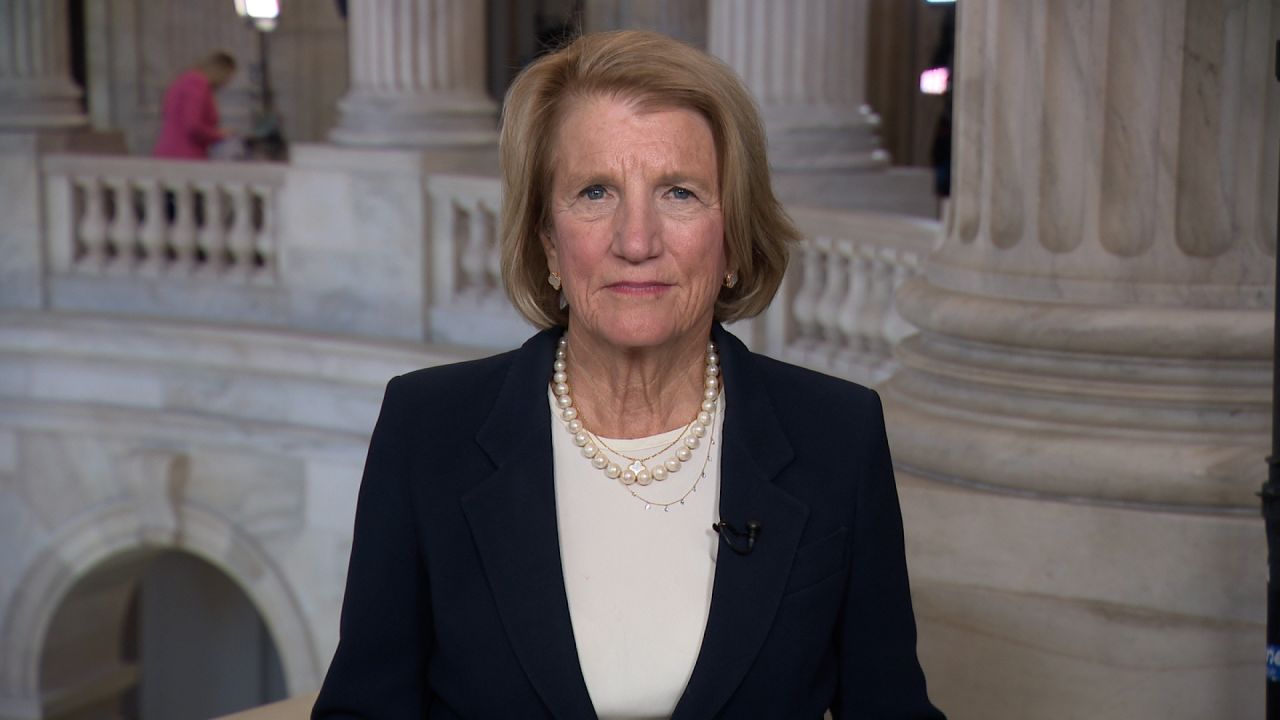The ongoing government shutdown has prompted Rep. Marjorie Taylor Greene to call on Republican senators to eliminate the filibuster as a means to resolve the funding deadlock. This request highlights the tension within the party regarding how to navigate the current political impasse.
As the shutdown enters its ninth day, Sen. Shelley Moore Capito of West Virginia voiced her opposition to Greene’s proposal during an interview with CNN host Dana Bash. On the program “Inside Politics,” she stated, “It sounds like an easy fix, but we’re talking about setting generations of policy and good policy and minority rights aside.” Capito’s remarks reflect a broader concern among some GOP members about the implications of abolishing the filibuster, a procedural tool that requires a supermajority to advance most legislation.
The filibuster has long been a contentious issue in the Senate, often seen as a safeguard for minority party rights. Greene’s push comes as the deadline for government funding, which ended on September 30, 2023, has passed, leaving critical services at risk of disruption.
Capito’s reluctance to abolish the filibuster underscores a division within the Republican Party between those advocating for immediate action to end the shutdown and those who caution against altering longstanding legislative procedures. The filibuster has been a fundamental aspect of Senate operations, allowing extended debate and, in many cases, requiring bipartisan support for significant legislation.
While Greene’s call for change may resonate with some party members seeking a swift resolution, Capito’s perspective reflects a more cautious approach. She emphasizes the importance of maintaining institutional integrity and the potential consequences of undermining minority rights in the Senate.
As lawmakers grapple with the implications of a prolonged government shutdown, the debate over the filibuster is likely to intensify. The outcome could shape not only the immediate funding crisis but also the future of legislative strategy within the Republican Party.






































































